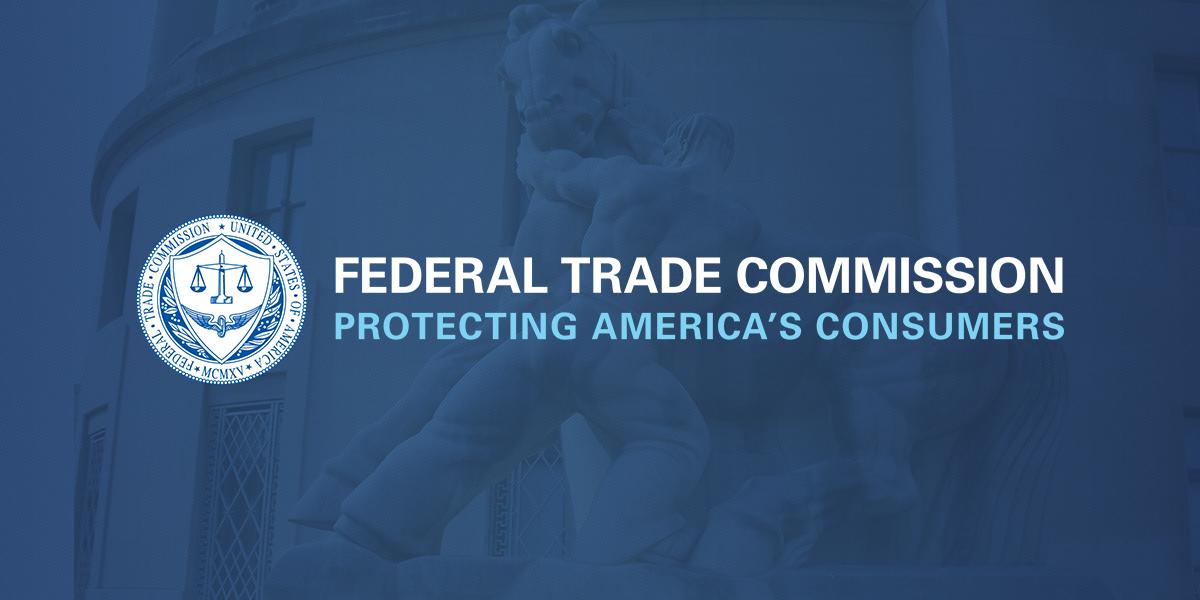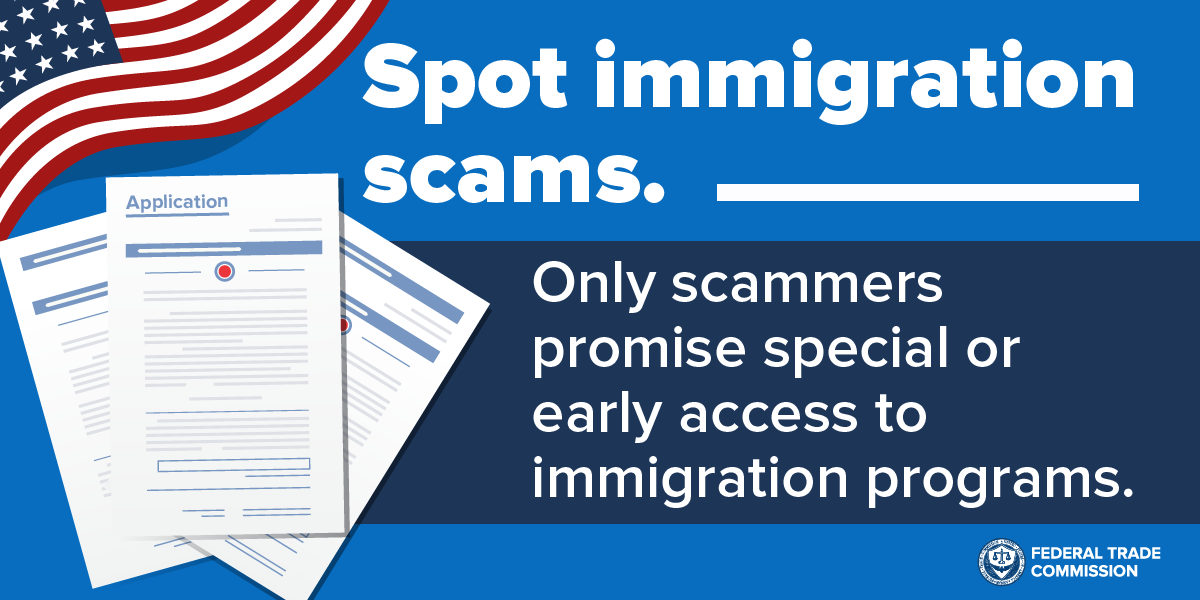Spring Meeting updates

Spring Meeting updates
By any measure, this year has been extraordinary. Our litigation workload continues to expand, with eight cases in various stages of administrative or federal court litigation and three on appeal. The latest, in which a unanimous Commission authorized staff to block the merger of the two largest providers of home mortgage loan origination systems and other key lender software tools, is an enormous undertaking, involving several horizontal and vertical theories in an incredibly complex industry. Earlier this year, Bureau staff also mounted a challenge to prevent Meta from buying Within, maker of a popular virtual reality fitness app. While we did not succeed in stopping that deal, the FTC secured a federal court opinion that resurrected important theories of harm regarding the elimination of potential competition which restores an important facet of Section 7 law that has been dormant for too long.
On the conduct side, we brought our first cases relying on the Commission’s new Section 5 Policy Statement, forcing companies to give up onerous noncompete restrictions for thousands of workers. The FTC and ten state Attorneys General also filed a federal suit charging two of the largest pesticide companies operating in the United States with using loyalty programs to maintain their monopolies and gouge farmers. That case alleges not only violations of the Sherman Act, but also violations of Section 5 of the FTC Act and Section 3 of the Clayton Act.
But these cases are just the tip of the iceberg. The Bureau is busy investigating many more mergers and suspect business practices. We are broadening the lens, considering how to use the antitrust laws to protect all market participants, including workers and farmers. We are looking to all the laws that the FTC enforces, including the Robinson-Patman Act, which protects small businesses from abusive price discrimination and commercial bribery. It is an exciting moment to be at the FTC, and it has been the highlight of my career to lead the Bureau during this time.
At this year’s annual Spring Meeting, I also took the opportunity to remind antitrust practitioners of some basic principles of Hart-Scott-Rodino compliance. Parties need to take seriously their obligation to collect and submit the information required by the HSR Act and Rules, and to appreciate the consequences when they fail to do so. Here are some reminders.
Submit all 4(c) documents, period full-stop. Parties are obligated to conduct a thorough search of transaction-related documents prepared by or for any officer or director and to submit all of those that are called for by Item 4(c) and 4(d) of the HSR Form. These documents are critical to staff’s review of the HSR filing because they contain the company’s evaluation or analysis of the proposed deal on topics that are core to the competition analysis: market shares, competition, competitors, markets, and the potential for sales growth or expansion. These key decision documents are often the only source of non-public assessments of the proposed transaction’s potential competitive impact and may reveal the rationale of officers and directors who authorized the deal to go forward.
If we discover, for instance in a Second Request production, that there is a 4(c) document that was not submitted with the HSR filing, the PNO can bounce the original filing if the waiting period has not expired. This is true even if the agency has issued Second Requests: if the newly revealed 4(c) document changes the scope of the agency’s investigation, the PNO may require a new filing and the agency may issue a new Second Request.
There are also consequences if we discover the 4(c) document after the waiting period has expired, for example when it is submitted with an HSR filing on another deal. In some cases, the PNO will require a corrective filing for the original deal, and the violation of the HSR requirements could also lead to an enforcement action to impose civil penalties. Those penalties can be significant, as the Bureau is committed to vigorously enforcing the HSR Rules. Furthermore, if the omission caused the Agencies to not take action to stop a merger, we can still seek to undo the illegal transaction.
Consider if changes in the merger agreement require a new filing. During an investigation, material changes to the terms and scope of a transaction may alter the proposed transaction so much that it is no longer the one the parties intend to consummate. If there are material changes in the terms of the proposed transaction before the HSR waiting period has expired, the parties should contact the PNO to discuss whether a new filing is required. After consulting with agency staff reviewing the HSR filing, the PNO may require parties to amend their original filing and submit updated deal documents as well as a new certification. If the changes are significant enough, the PNO may require a new filing with all new information and documents (including a refresh on Item 4 documents), which would trigger a new waiting period.
An HSR filing cannot be made on a hypothetical deal. The PNO receives thousands of filings every year and sometimes it is important to remind the antitrust bar of some very basic principles of HSR compliance. For instance, the HSR Rules do not permit filing on hypothetical deals. This has been true from the beginning of the premerger program. Here is what the Commission said back in 1978: “because of the time and resource constraints on agency staff, the Agencies should not expend resources to review transactions so lacking in specifics that they could be considered merely hypothetical.” (43 Fed. Reg. 33,450 at 510-511). That means that for transactions in which a definitive agreement has not yet been executed, there must be an agreement in principle or letter of intent executed by the parties. A mere indication of interest or a document that is no more than an agreement to file HSR and wait to see what the Agencies do is not sufficient. The certification requirement is meant to ensure that the parties each have a good faith intent to consummate the transaction they describe. That deal may change (see Point #2 above), but when the filing is made, the transaction needs to be one that the Agencies can actually review for potential competitive problems.
What's Your Reaction?
 Like
0
Like
0
 Dislike
0
Dislike
0
 Love
0
Love
0
 Funny
0
Funny
0
 Angry
0
Angry
0
 Sad
0
Sad
0
 Wow
0
Wow
0








